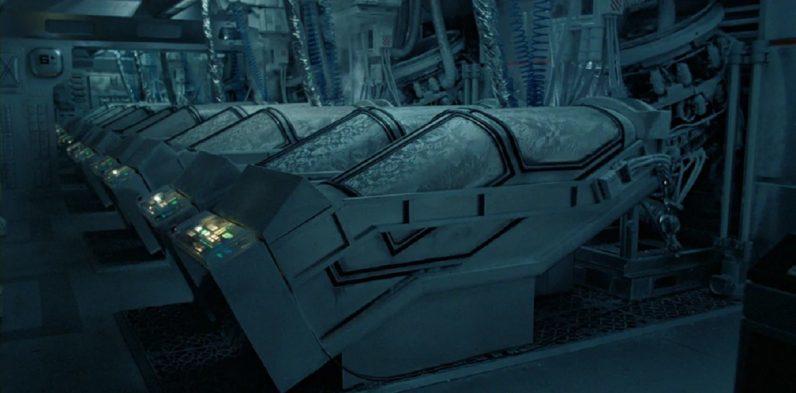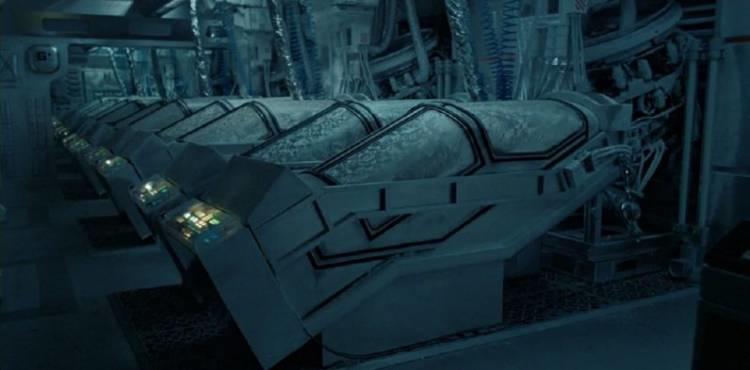Have you ever been stuck in a car during a long drive? It can be agonizing. Even though the door is right next to you and you could stop anytime, it still feels like you are trapped until you eventually get to your destination, which can feel like forever. Your back starts to hurt and your legs cramp.
Driving across the United States can take days upon days of travel. That already feels like an insane amount of time. What is an even crazier amount of time is the time it takes to conduct space travel. Even traveling to the moon, which is relatively close, can take forever in a rocket ship.
It isn't only the time it takes, but also the toll it takes on the astronauts traveling. When it comes to traveling to Mars or beyond, a solution must be found to make it tenable. That's why the European Space Agency is currently considering using hibernation chambers for space travel.

There are big problems with sending humans out into deep space, and the solutions might sound like something straight out of a science fiction movie like Aliens. Hopefully the outcome isn't anything like the movie Aliens though! The Europeans Space Agency is thinking about using human hibernation as a means of counteracting some of the issues faced in deep space travel. Hibernation would put the astronauts to sleep for long periods of time on their voyages. It woud cost much less, be healthier for the space travelers, and lead to more efficient designs for deep space ships.

As of now, it takes over half a year for humans to travel to Mars, and that's if everything goes right. Currently NASA, the European Space Agency, and even billionaire Elon Musk want to send people to Mars. The big problem is that traveling there could kill those traveling.
There is a long list of reasons why traveling to Mars is no simple feat. In fact, it could be a deadly one. Space atrophy is one reason, when the muscles become weaker from not being used. Space radiation and space psychosis are two other very real threats. Turns out that spending months on end in tight quarters with only millimeters between you and infinite void of nothing is enough to make someone go crazy.

The ESA has put out an official statement on why they think space hibernation could work: "We looked at how an astronaut team could be best put into hibernation, what to do in case of emergencies, how to handle human safety and even what impact hibernation would have on the psychology of the team. Finally we created an initial sketch of the habitat architecture and created a roadmap to achieve a validated approach to hibernate humans to Mars within 20 years."
Space hibernation is being looked into by scientists from all kinds of fields, and it could be beneficial outside of space travel. Being in a hibernated state could slow disease and lead to healing. Scientists even believe that radiation has less of an effect on the body when in hibernation. For some reason, we don't suffer from atrophy when we are in hibernation, plus there would be less need for entertainment. Space psychosis wouldn't be an issue. Only a few people truly know how difficult space travel can be, but as more people aim to try it, this could be a necessary development.

More interest has gone into the theory of using hibernation for space travel, but there is still a long way to go. What was the science fiction of yesterday, could be the science of tomorrow.